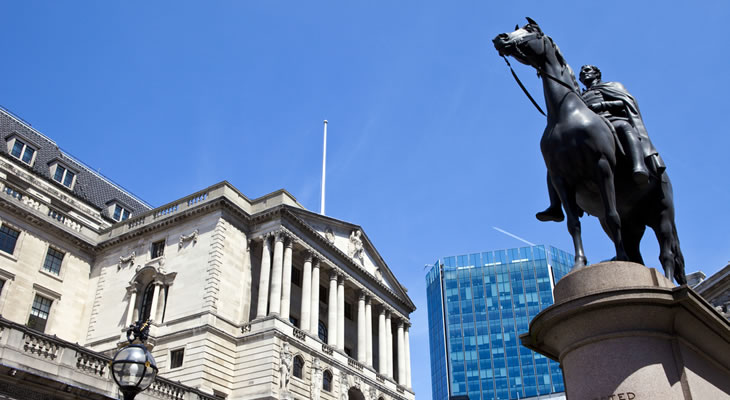Better-Than-Expected UK Services PMI Unable to Boost Pound South African Rand Exchange Rate
A positive revision to January’s finalised UK services PMI was not enough to keep the Pound to South African Rand (GBP/ZAR) exchange rate from slumping this morning.
Although the final PMI clocked in at 39.5, as opposed to the initial reading of 38.8, this still remains significantly below the neutral baseline of 50.
As a result, the reading still points towards the service sector losing significant momentum at the start of 2021.
Given that the service sector remains the primary growth engine of the UK economy this slowdown weighed heavily on the appeal of Pound Sterling (GBP).
With the UK economy appearing on course to suffer another negative quarter of growth in the first quarter investors saw little reason to support GBP exchange rates at this stage.
GBP Exchange Rates Look Vulnerable Ahead of Bank of England Announcement
Further weakness could be in store for the GBP/ZAR exchange rate on Thursday in the wake of the Bank of England’s (BoE) latest policy announcement.
Even though markets do not expect to see any change in monetary policy at this stage the nature of policymaker commentary could leave the Pound vulnerable to selling pressure.
If policymakers express any fresh anxiety over the outlook of the UK economy this may push GBP exchange rates lower across the board.
As long as investors see reason to bet that the prospect of further monetary loosening remains on the table the potential for any Pound recovery appears limited.
On the other hand, evidence that the central bank has taken a more optimistic view on the health of the UK economy could give investors cause for confidence.
Any talking down of the prospect of negative interest rates could equally help to shore up the GBP/ZAR exchange rate in the short term.
Signs of Private Sector Resilience Benefit South African Rand
A surprise uptick in the IHS Markit PMI helped to shore up the South African Rand (ZAR), meanwhile.
As the index strengthened from 50.2 to 50.8 this indicated that the private sector continued to post growth at the start of the year, diminishing anxiety over the outlook of the South African economy.
While disruption stemming from Covid-19 looks set to keep the economy under a degree of pressure for the foreseeable future this improved PMI still gave ZAR exchange rates a boost.
However, any general deterioration in market risk appetite could see the Rand coming under pressure in the remainder of the week.
The release of the latest US non-farm payrolls report on Friday may weigh heavily on the South African Rand if investor sentiment sours.
Evidence of sustained weakness within the world’s largest economy could fuel anxiety over the global outlook, leaving ZAR exchange rates vulnerable to renewed selling pressure.


Comments are closed.